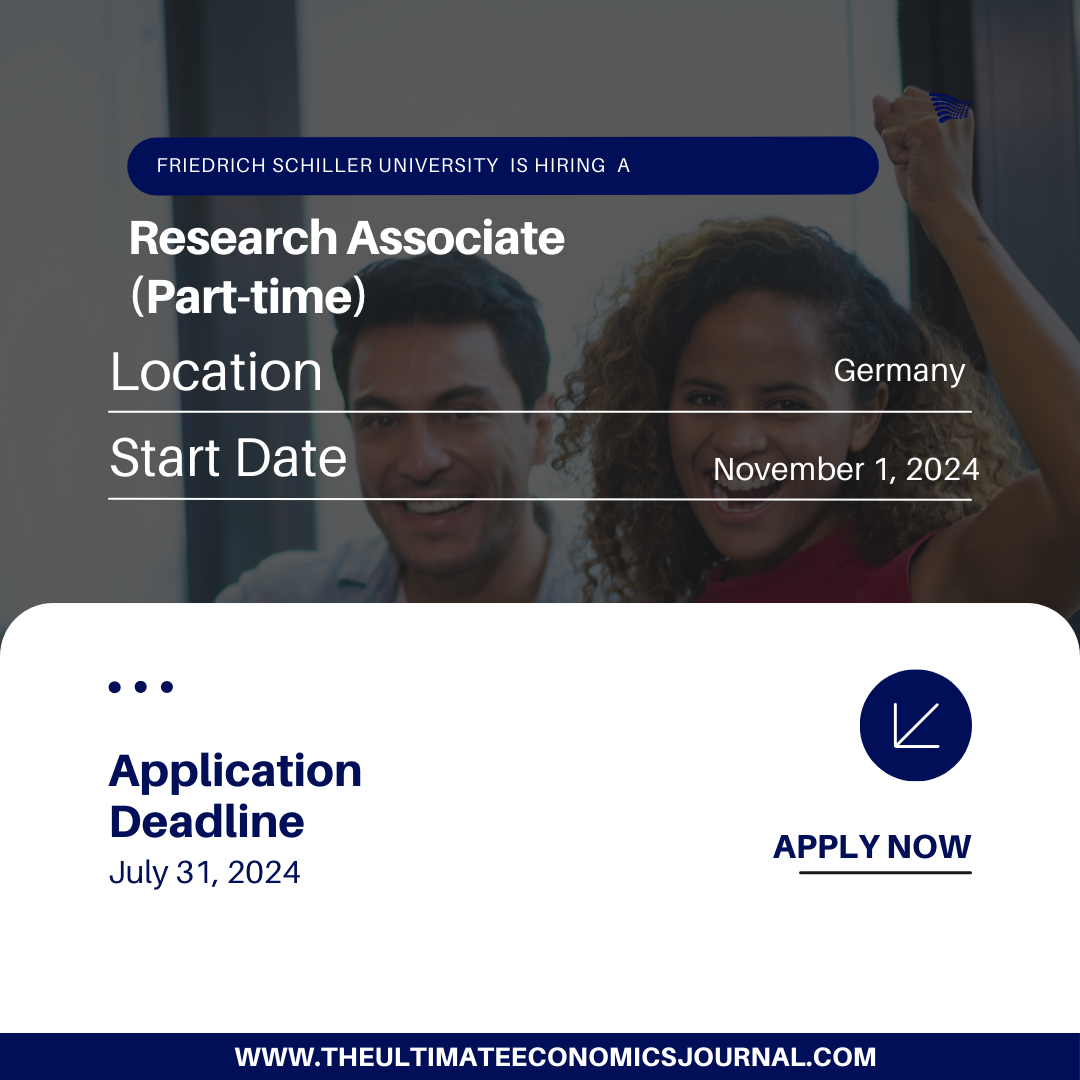Application Deadline: July 31, 2024
Friedrich Schiller University is inviting applications for twelve Doctoral Research positions as Research positions. The Research Training Group Photo-Polarizable Interfaces and Membranes (PHINT) investigates and implements concepts to use light to drive (transient) structural changes at interfaces and membranes. In doing so, PHINT researches the relationship between the structure of membranes and interfaces, their light-driven reactivity and how local molecular light-driven chemical events are translated into macroscopic property changes.
Within the interdisciplinary Research Training Group, PhD positions in the following topics are offered:
- Photo-polarizable interfaces in STEM education: Didactic reconstruction of light-induced switching events on a molecular level.
- Lipid membranes with light-controlled ion channels: tuning ion transport and electrical rectification for synthetic biology applications.
- Photoswitchable molecules in biomembranes: Advanced fluorescence microscopy for light-driven switching of cellular) lipid membrane organization.
- 2D molecular photoactive nanomembranes with tunable gas permeation properties: Materials synthesis and characterization.
- Molecularly thin organic membranes: Light-controlled transversal polarization for charge separation.
- Poled inorganic glass surfaces: Structure-property correlations and their sensitivity to optical stimulation.
- Metal-organic framework: Investigating cooperative effects of the soft porosity and light-induced switching on the mass transport.
- Mechanistic insights into light-controlled molecular switching in membranes and at surfaces by time-resolved optical spectroscopy.
- Revealing the transient charge-density distribution in photo-polarizable membranes by time-resolved second harmonic generation.
- Quantum chemical approaches for modeling and simulation of light-driven processes at inorganic surfaces.
- Theoretical description of light-matter interactions in light-controlled structures.
- Multi-scale multi-layer methods to model light-controlled transport through membranes;
Benefits
- An excellent research environment within national and international networks
- Excellently equipped labs
- A comprehensive research and qualification programme with a focus on science communication
- Qualification, consultation, and additional support services from the Jena Graduate Academy
- A family friendly work environment
- Remuneration based on the provisions of the Collective Agreement for the Public Sector of the Federal States (TV-L) at salary scale 13 — depending on the candidate’s personal qualifications—, including a special annual payment in accordance with the collective agreement.
- 30 days of vacation per calendar year plus two days off on December 24 and 31
Roles/Responsibilities
- Work on the doctoral thesis focusing on one of the research topics mentioned above.
- On site and active participation in the research and qualification programme of the Research Training Group.
Eligibility
- A M.Sc. degree or State Examination in Chemistry, Medicine, Physics or a related discipline.
- Able to communicate in English, both in writing and speaking.
- Are looking forward to working in an interdisciplinary, active and international team.
- Are open towards gaining international experience by undertaking a research stay in an international laboratory.
Application Details
- Letter of interest (ca. 1–2 Din A4-page[s]) expressing motivation for the Research Training Group. Note, that applicant should indicate in the application letter, which of the aforementioned topics the applicant is applying for (mentioning up to three topics is possible).
- Curriculum Vitae
- Degree certificate/Transcript of records
- Two letters of recommendation from university instructors/professors
The appointment is limited to 42 months. The position is a part-time appointment rated at 65%, i.e. 26 hours per week.


